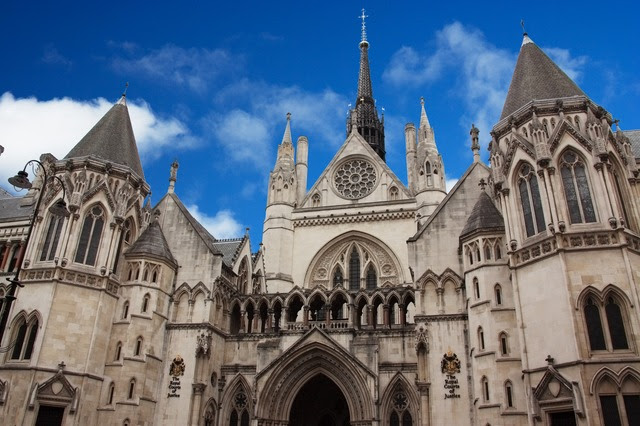High Court orders removal of search results concerning man’s spent convictions

In a landmark ruling, the High Court in London has ordered search giant Google to remove search results concerning historic offending by a claimant with spent criminal convictions.
London law firm Carter-Ruck acted for two claimants, NT1 and NT2, in what it said were “unprecedented cases” which raised important issues around the social policy behind the rehabilitation of offenders and the balancing of individual rights of privacy and data protection against the public interest in access to information.
Mr Justice Warby ruled in favour of NT2, but rejected NT1’s case. NT1 has, however, been granted permission to appeal.
The Information Commissioner’s Office (ICO) intervened in the cases and, in its submissions, endorsed the principle that “once a criminal has served his or her time, it is important that the ability of that individual to rehabilitate themselves is not unduly prejudiced”.
Carter-Ruck said the judgment has wide-ranging implications for take-down requests and subsequent action in relation to inaccurate personal data and references to spent convictions on the Internet.
The court recognised that, with the passage of time, a conviction may recede into the past so as to become part of a person’s private life.
Carter-Ruck has several other clients with on-going de-listing and take-down complaints. The firm is working closely with the charity Unlock in relation to affected individuals with spent convictions.





